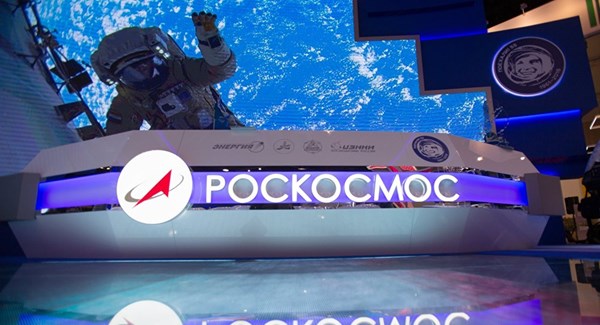Russian space agency wants to classify rocket and space industry procurements
Roscosmos, the Russian state space agency, has proposed changes to its own procurement method and that of its subsidiaries and other organizations in the rocket and space industry. Suppliers and contractors are currently determined in a public manner.
The text of the amendments has not yet been published, but the document’s “passport” on the government legal information portal states that it was drafted by Roscosmos. An explanatory notice states that procurements according to the existing rules “could result in the disclosure of restricted access information in the area of space activity”.
The stated aims of the amendments are:
To prevent third party access to information on procurements by companies in the rocket and space industry;
To improve information security in the area of space activity
To prevent sanction activity by foreign governments or groups of foreign states against organizations in the rocket and space industry
The Federal Protective Service and the National Guard have also previously requested to transition to a private, classified method of procurement. The current law drastically restricts the use of a closed method for determining suppliers and contractors. Procurements can only be done in such a manner if there is the risk of disclosing state secrets, or for procurements by the departments that implement state policy in the areas of defense and national security. The list of such departments is determined by the government, and at present only includes the Defense Ministry, Federal Security Service, and the Foreign Intelligence Service, as well as the state organs under their authority.
In April 2019 it was learned that the Russian government had opposed the classification of all procurements for the state defense order, as proposed by MP Vladimir Gutenev. In June, the Accounts Chamber reported that, in 2018, non-public procurements accounted for roughly 7% of the GDP, at 7.5 trillion rubles (around $120 billion), twice as much as the previous year (3.4 trillion rubles).
